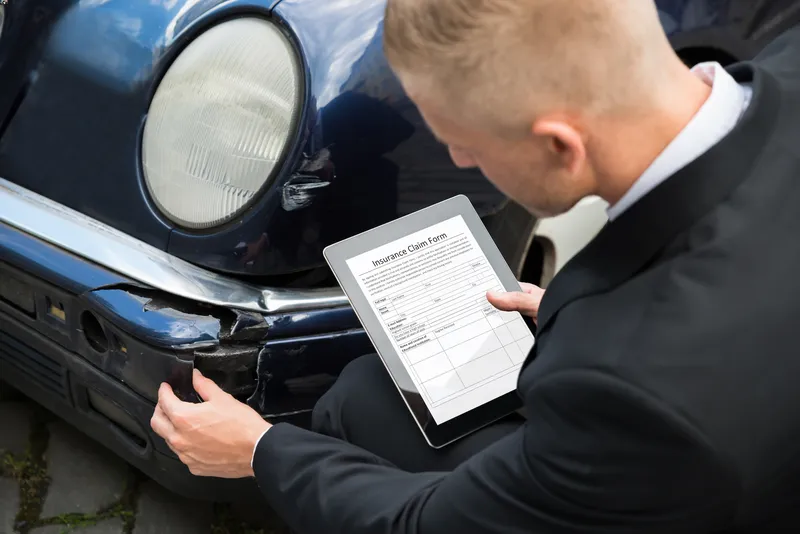 Car Accidents
Car AccidentsIf you were recently in a car accident, you may be in discussions with the insurance adjuster regarding the damage to your vehicle.
The insurance adjuster may be using phrases such as “totaled car value calculator” or “total loss calculator.”
The insurance company calculates the totaled car value to determine if the car is a total loss and, in their eyes, not worth repairing.
Totaled Car Value Calculator
Generally, in Texas, when the cost to repair the vehicle exceeds the vehicle’s actual cash value (ACV) the insurance company will purchase your car for fair market value rather than repair it.
In other words, if the total cost of repairs is greater than the ACV, then the insurance company considers it a total loss and it totals the car.
For example, if the cost to repair your damaged vehicle is $10,000 but the fair market value is only $5,000, then the insurance company will total the vehicle.
The Texas Transportation Code provides the formula and guidelines by which the totaled car value is calculated.
What Is “Actual Cash Value”?
The ACV is the fair market value of your car or the amount you would pay to replace it with one of similar condition in the geographic area where you live.
This amount may be more or less than what the Kelly Blue Book value is.
What Can I Recover If My Car Is Not Totaled?
If your vehicle is not totaled and is repairable you may still have a claim for the car’s diminished value, in addition to the cost of repairs.
The diminished value is the difference between the fair market value of your car before and after the accident.
How Do I Determine the Diminished Value of My Car?
Typically, every insurance company has their own formula for determining the diminished value of a vehicle, but there are general guidelines they must follow.
Under Texas law, several factors affect a car’s diminished value including:
- Extent of damage,
- Cost of repairs,
- Quality of the repairs made,
- Past and future market trends,
- History of prior accidents, and
- Cost of a similar vehicle with no accident history.
How to calculate the diminished value of a wrecked car will depend on factors specific to your vehicle, the damage sustained, and quality of repairs.
To determine whether you may have a claim for diminished value contact the attorneys at The Zimmerman Law Firm.
Will I Still Have a Claim for Diminished Value If I Lease My Car?
Generally, if you lease your car you cannot file a diminished value claim because you are not the owner of the car.
However, there are rare exceptions, and your ability to recover will depend largely on the exact wording in your lease agreement and the individual lessor.
Occasionally, the lessor will allow the lessee (you) to pursue a diminished value claim.
If you have a lease, your car accident diminished value claim will be determined in the same manner as if you owned the car.
Working with an insurance company after you’ve been in a car accident can be time-consuming and cumbersome.
Whether you are facing a total loss or a diminished value claim, it is best to consult with an experienced attorney.

Contact a Texas Car Accident Lawyer Today
If you have recently been in a car accident, reach out to The Zimmerman Law Firm for a free consultation.
If you are wondering how the car accident diminished value calculator will affect your claim or are unsure if your car is totaled, we can help.
We have years of experience delivering positive results to our car accident clients. Contact us today to get started.
Our Waco, Texas Office Location
